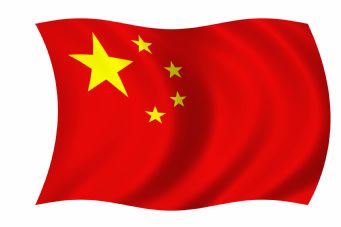Some US government agencies could be hindered from buying information technology systems made by companies with links to the Chinese government under the new funding law signed by President Barack Obama earlier this week.
US authorities will vet all IT system purchases made from the Commerce and Justice Departments, NASA, and the National Science Foundation, for possible security risks, according to section 516 of the new law.
"Cyber-espionage or sabotage" risks will be taken into account, along with the IT system being "produced, manufactured, or assembled" by companies that are owned, directed or funded by the Chinese government.
IT systems that are found to be of "national interest" can then be brought before US lawmakers for appropriation.
The funding law only extends until 30 September. But the inclusion of the security checks comes as China’s is being increasingly blamed for hacking attacks against international companies. The most recent allegations have come from a US security firm, which has said its traced an overwhelming number of cyberattacks to a possible military unit of China’s People’s Liberation Army.
The security concerns are also tarnishing the reputation of Chinese tech firms with alleged links to the nation’s government. Last year, a US congressional committee concluded that telecommunication equipment suppliers Huawei Technologies and ZTE, could be influenced by the Chinese government to undermine US security. Both the US government and US firms should buy from other vendors, the committee advised. But the new security checks included in the US funding law could affect a whole host of technology vendors with ties to China. One of those is Chinese PC maker Lenovo, which acquired the ThinkPad line from IBM in 2005.
"This could turn out to be a harsh blow for companies like Lenovo that have so far escaped the spotlight trained on Huawei and ZTE," wrote former US Department of Homeland Security official Stewart Baker on his blog.
But US vendors could face scrutiny as well, given that many companies rely on electronics suppliers based in China. "It’s not clear that they even know which of their suppliers and assemblers are directed or subsidised by the Chinese government," Baker added.
IDG News Service








Subscribers 0
Fans 0
Followers 0
Followers